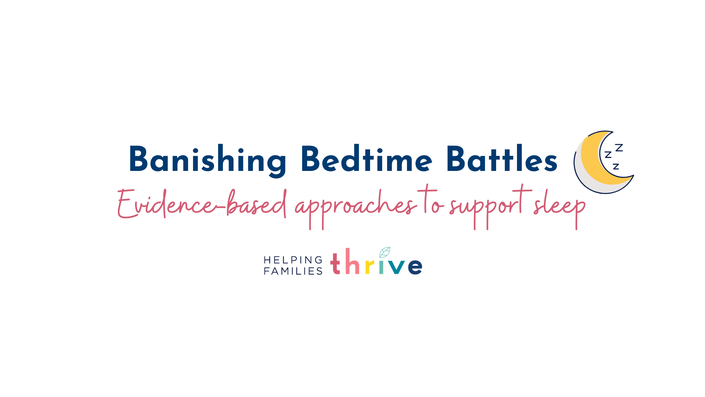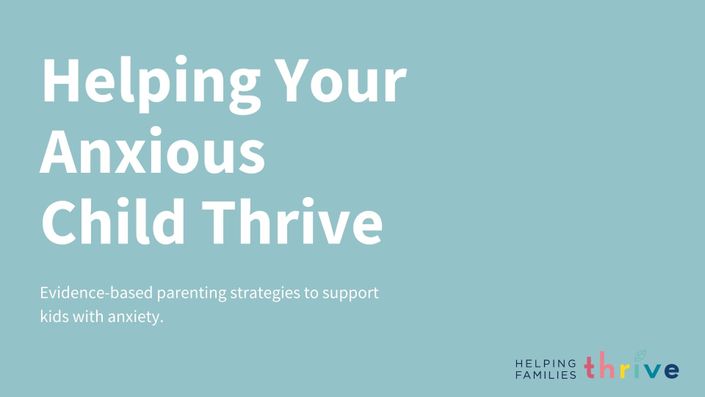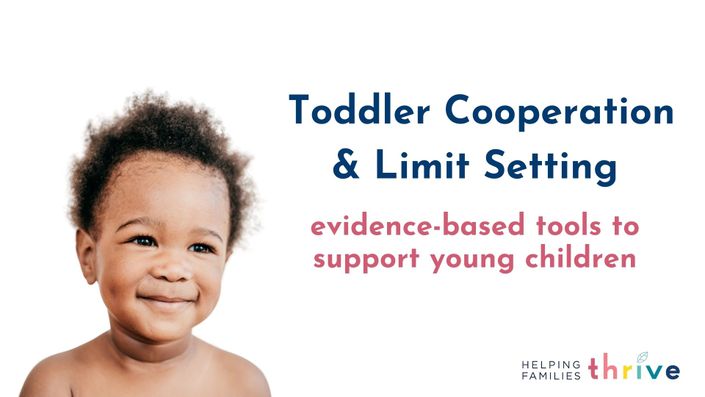
Building Resilience in Children
Practical strategies to help kids navigate the ups and downs of life
What is Resilience and Why Does it Matter?
The ability to cope and recover after a setback (aka “bounce back”) is called resilience. Research shows that people with resilience, coping skills, and emotional intelligence are more likely to have better overall well-being than those with lower resilience. And kids with lower levels of resilience are prone to feel overwhelmed or helpless. They may avoid challenges all together or rely on unhealthy strategies cope when faced with stressors
Most parents would agree that raising a child who is resilient in the face of life’s challenges is important. But how?
All children experience challenges, ranging from everyday disappointments to toxic stress and trauma. Is all stress bad? Do kids just need to “buck up” to prepare for the real world?
As parents and caregivers, we must balance protecting our children with allowing them to build distress tolerance skills. Striking this balance is easier said than done. Thankfully, research shows that resilience isn’t something kids are born with or without… it’s something that can be learned and fostered in the child’s environment.

This workshop will support you in finding the balance between protection and allowing opportunities for distress tolerance needed to foster resilience. We cannot predict or prevent the ups and downs our children will face, but we can learn to equip them with the tools needed on their way.
You will leave with:
- Knowledge of the science behind stress, trauma, and resilience
- An understanding of ways caregivers can accidentally undermine resilience (oops, we all do it!)
- Concrete, do-able strategies to foster the skills kids need to manage stress and cope with adversity



